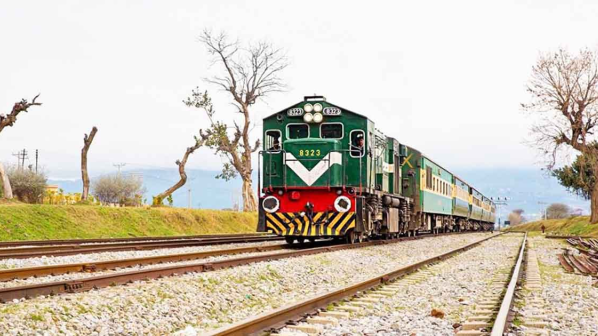The Pakistani Ministry of Finance decided not to request the full $US 6.1bn originally earmarked for the project due to fears of overburdening the national economy, according to a report by the country’s Express Tribune newspaper.
Pakistan’s government had originally been hoping to agree a 1% interest for the loan but has been unable to reach agreement with the Chinese.
The news follows the approval of the project by the government’s Central Development Working Party (CDWP) on July 16, and the Executive Committee of National Economic Council (Ecnec) on August 5.
The ML-1 project involves track doubling and upgrades on a 1872km of line, as well as improvements to signalling and control systems. The project is part of the China - Pakistan Economic Corridor (CPEC), a subsection of the Belt and Road Initiative.
Work on the first phase of the project, which covers the 527km northern section between Peshawar, Rawalpindi and Lahore, is currently scheduled to begin in January and be completed in 2024. However, as of yet, no contractors have been selected for the project.
The second package, which will be completed between January 2022 and December 2026, involves upgrading 521km of track between Lahore and Hyderabad. The third package will upgrade 740km track along the Rawalpindi - Peshawar and Hyderabad - Multan lines.
ML-1 is intended to enhance capacity and frequency of services on the route and increase the maximum speed from 65-110km/h to 160km/h for passenger services, and from 80km/h to 120km/h for freight trains.

